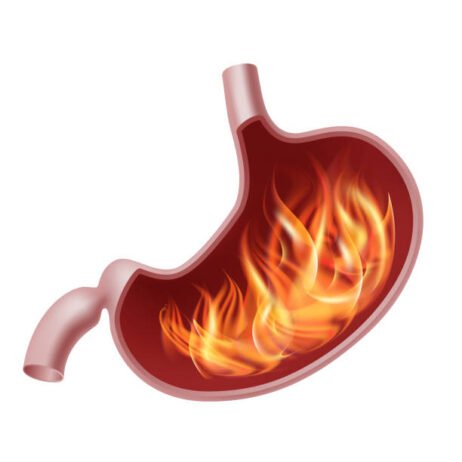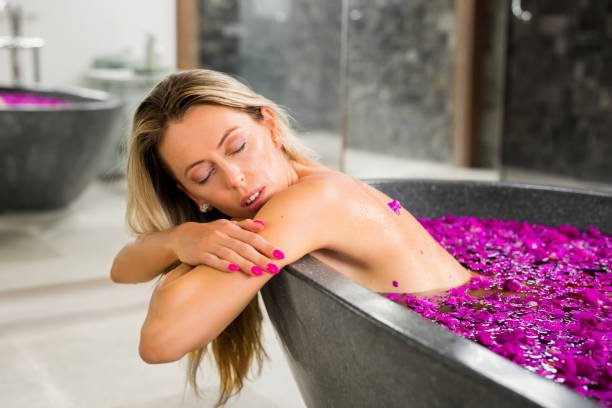In Ayurveda, the ancient Indian system of medicine, daily routines (dinacharya) are designed to align the body with natural rhythms to promote health and balance. One key recommendation is to avoid bathing immediately after eating. This practice, often overlooked in modern lifestyles, is rooted in Ayurvedic principles of digestion and energy flow. Below, an Ayurvedic physician explains why this is advised and how it impacts your well-being.
Ayurvedic Perspective on Digestion and Bathing


Ayurveda considers digestion the cornerstone of health, governed by agni, the digestive fire responsible for breaking down food, absorbing nutrients, and eliminating waste. Bathing, especially with cold water, can disrupt this delicate process. Here’s why:
1. Disruption of Digestive Fire (Agni)


- Explanation: After eating, the body directs energy and blood flow to the stomach and intestines to support digestion. Agni is at its peak, working to process food. Bathing, particularly with cold water, causes blood vessels to constrict and redirects blood flow to the skin and extremities to regulate body temperature. This shift weakens agni, slowing digestion and potentially leading to the accumulation of ama (toxins).
- Impact: Weakened agni can cause bloating, indigestion, gas, or incomplete nutrient absorption, which may contribute to long-term health issues.
- Ayurvedic Insight: Agni is likened to a fire that needs consistent fuel and protection. Bathing right after eating is like pouring water on this fire, dampening its efficiency.
2. Imbalance of Doshas
Ayurveda emphasizes balancing the three doshas—Vata, Pitta, and Kapha—for optimal health. Bathing after a meal can aggravate specific doshas:
- Vata Imbalance: Cold water baths increase Vata, which governs movement and circulation. This can lead to irregular digestion, bloating, or restlessness.
- Pitta Imbalance: While warm baths are less disruptive, excessively hot water can overstimulate Pitta, causing acidity or irritability in the digestive system.
- Kapha Imbalance: Bathing, especially in cool water, can increase Kapha, leading to sluggishness or heaviness, further slowing digestion.
- Ayurvedic Insight: Each dosha has a unique relationship with temperature and timing. Bathing after eating disrupts the body’s natural focus on digestion, creating doshic imbalances.
3. Impact on Circulation and Energy Flow
- Explanation: Bathing stimulates the body’s circulatory system, diverting energy from the digestive organs to the skin and muscles. This redirection can impair the body’s ability to process food efficiently, leading to incomplete digestion and toxin buildup.
- Impact: Over time, this may weaken the digestive system, lower immunity, and reduce vitality (ojas).
- Ayurvedic Insight: The body’s energy (prana) should remain focused on digestion post-meal to ensure nutrients are properly assimilated and waste is eliminated.
4. Effect on Body Temperature


- Explanation: Bathing, especially with cold or lukewarm water, lowers the body’s core temperature. After eating, the body naturally increases its temperature to fuel digestion. A sudden drop in temperature from bathing can hinder this process, causing discomfort or digestive stagnation.
- Impact: This can lead to symptoms like heaviness, lethargy, or even mild nausea.
- Ayurvedic Insight: Maintaining warmth in the digestive system post-meal supports agni and prevents ama formation.
Additional Considerations
- Timing Matters: Ayurveda recommends waiting at least 1–2 hours after a meal before bathing to allow digestion to progress. For heavier meals (e.g., high in fats or proteins), waiting longer (up to 3 hours) may be necessary.
- Type of Bath: Warm baths are less disruptive than cold ones, but even warm water can divert energy from digestion. Avoid vigorous scrubbing or prolonged soaking, as these further stimulate circulation.
- Individual Constitution: People with strong agni (e.g., Pitta-dominant individuals) may tolerate bathing sooner after eating, while those with weaker digestion (Vata or Kapha types) should wait longer.
Practical Ayurvedic Recommendations
To support digestion and overall health, follow these guidelines:
- Optimal Bathing Time: Bathe before meals, ideally in the morning as part of dinacharya. A warm bath before breakfast or dinner cleanses the body and prepares the digestive system.
- Post-Meal Routine: After eating, rest briefly, take a short walk (10–15 minutes) to aid digestion, or practice Vajrasana (thunderbolt pose), which supports agni.
- Hydration: Sip warm water or herbal teas (e.g., ginger or cumin-coriander-fennel tea) after meals to support digestion instead of bathing.
- Seasonal Adjustments: In colder seasons, avoid cold baths entirely, as they can further aggravate Vata and weaken agni.
- Self-Massage (Abhyanga): If you must bathe, perform a gentle abhyanga with warm sesame oil (Vata), coconut oil (Pitta), or mustard oil (Kapha) before the bath to stabilize doshas, and ensure the water is warm.
Supporting Practices for Healthy Digestion
To complement the practice of avoiding baths after meals, incorporate these Ayurvedic habits:
- Eat Mindfully: Consume meals in a calm environment, chewing thoroughly to support agni.
- Follow a Sattvic Diet: Include warm, freshly cooked foods suited to your dosha, such as kitchari, steamed vegetables, or whole grains.
- Herbal Support: Use digestive herbs like ginger, cumin, or triphala (under guidance) to strengthen agni and prevent ama.
- Stress Management: Practice pranayama (e.g., Anulom Vilom) or meditation to reduce stress, which can impair digestion.
Conclusion
From an Ayurvedic perspective, avoiding bathing right after eating is essential to protect the digestive fire, maintain doshic balance, and ensure optimal nutrient absorption. By prioritizing digestion and aligning daily routines with natural rhythms, you can enhance your overall health and vitality. Always consult an Ayurvedic practitioner or healthcare provider to personalize these practices based on your unique constitution and needs.


